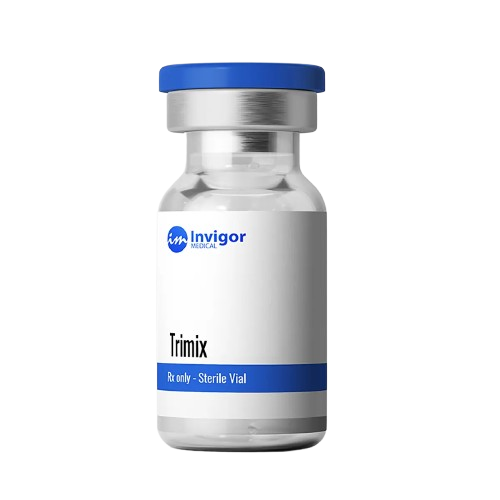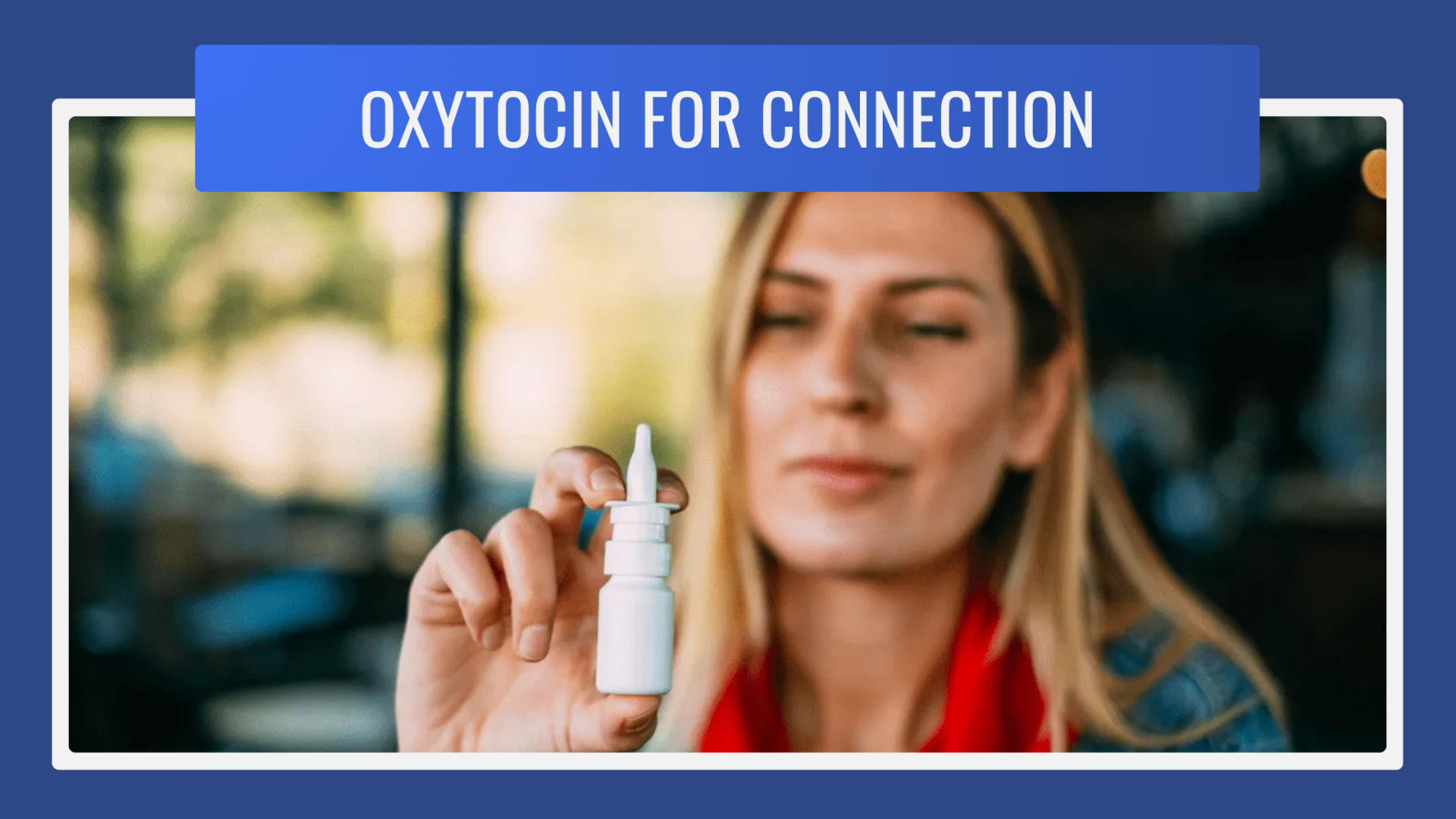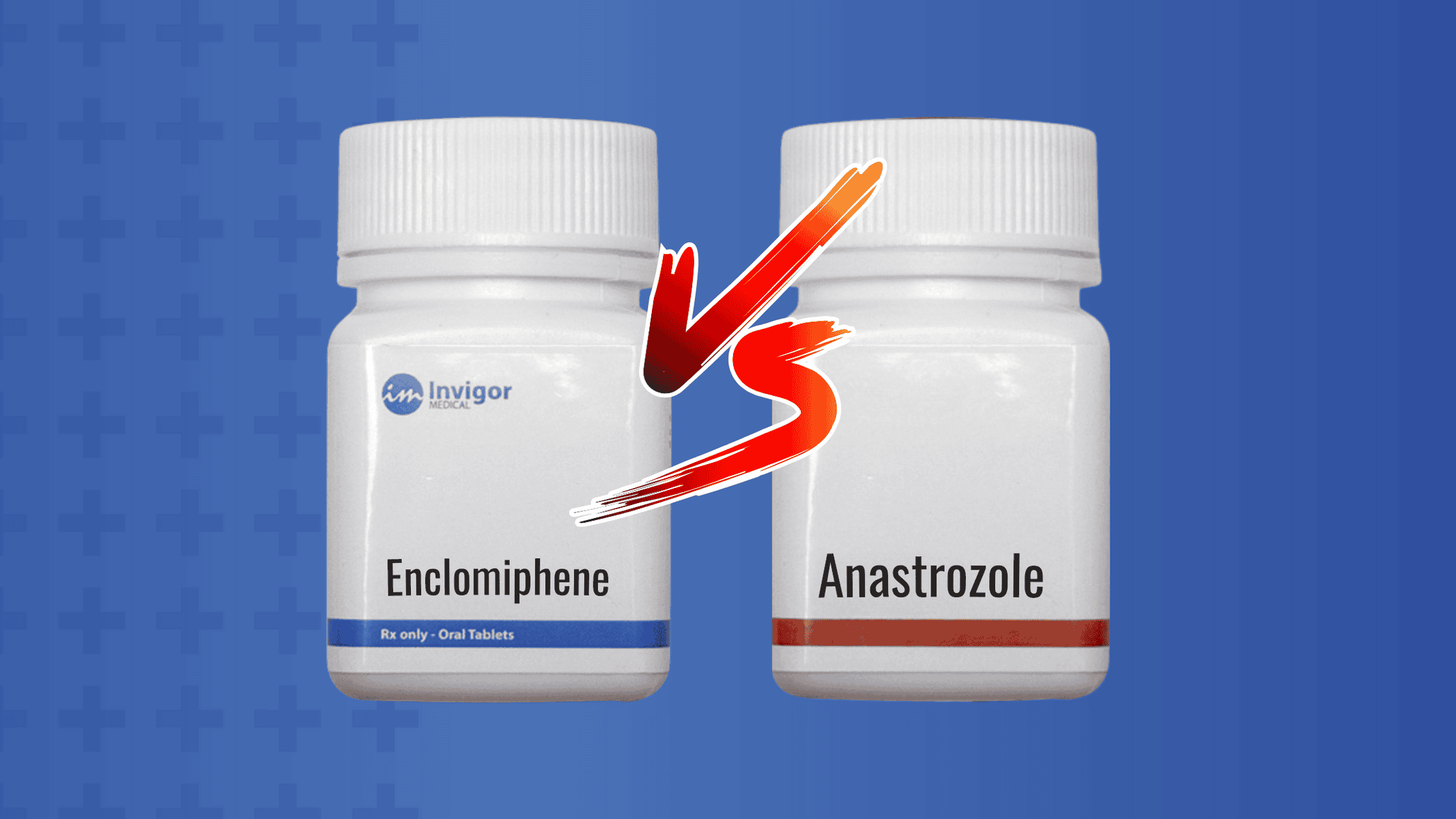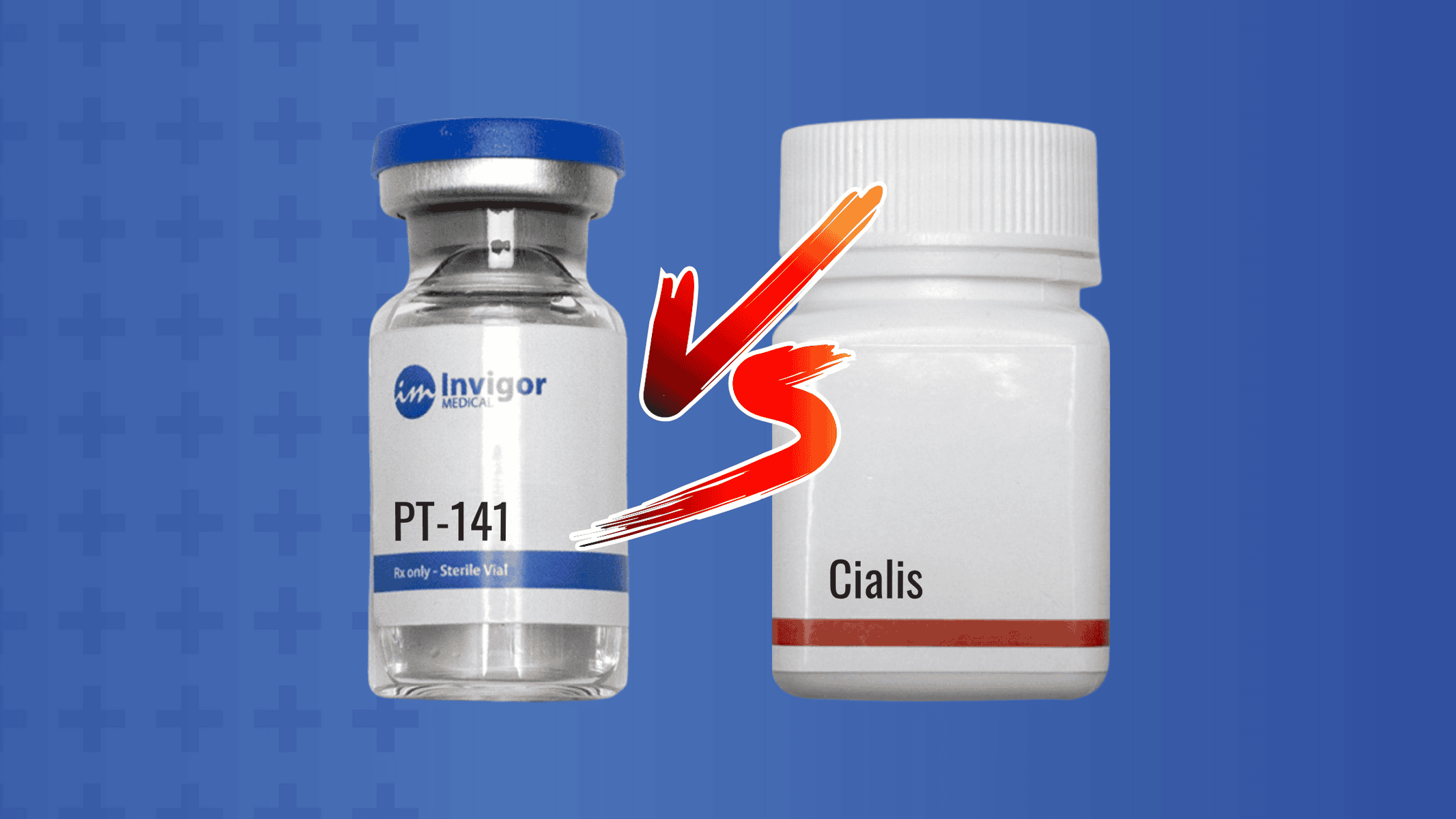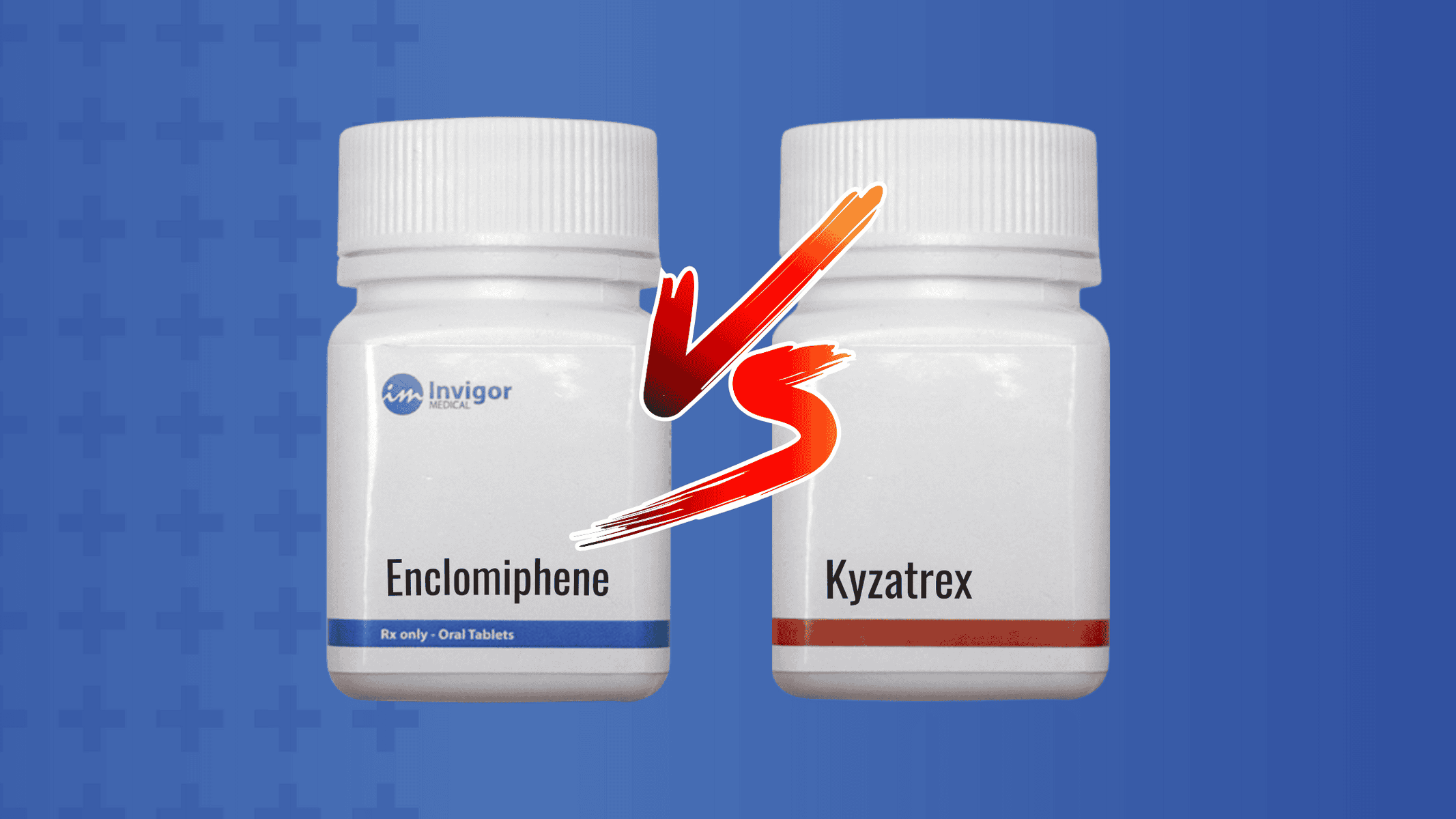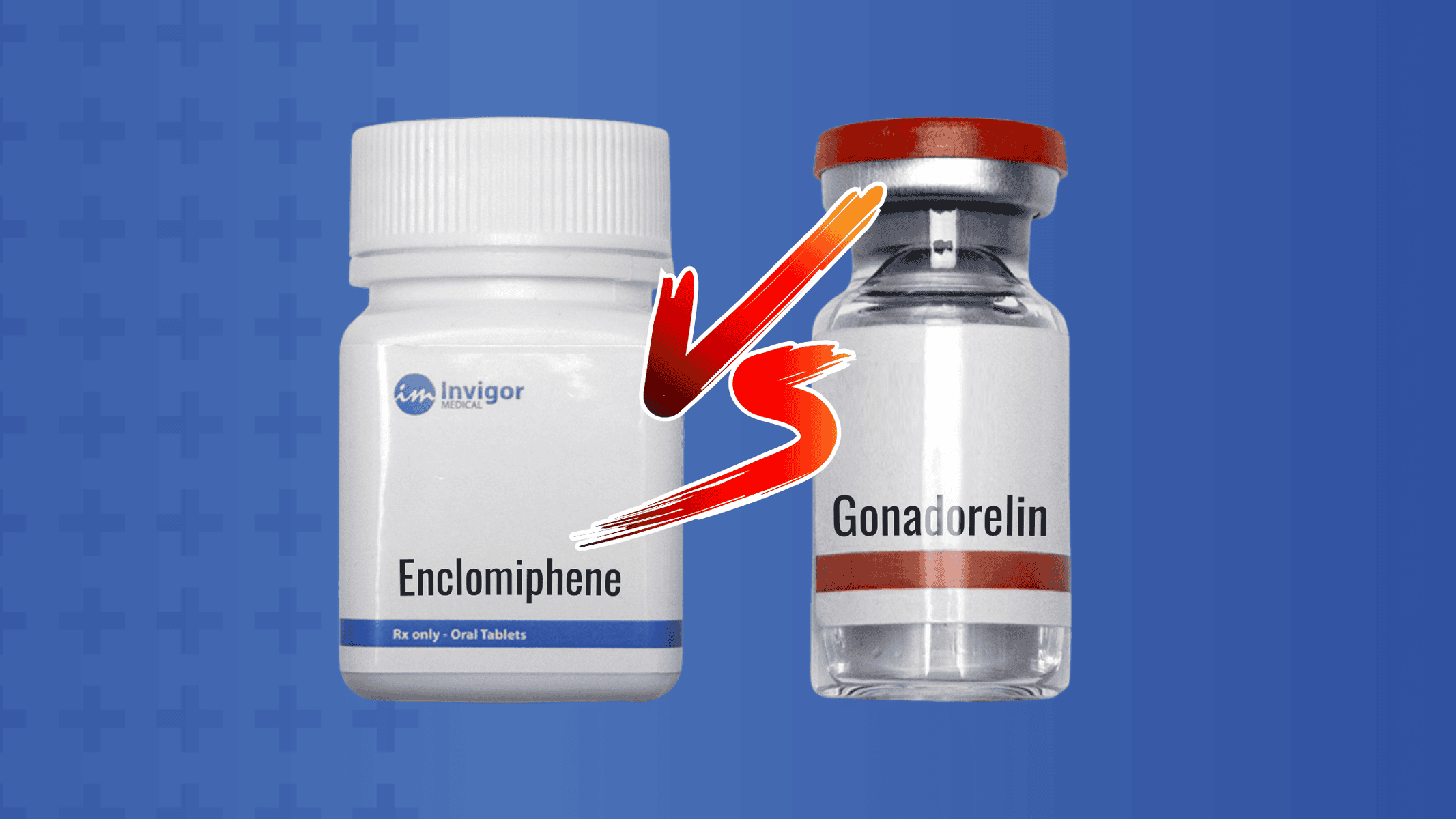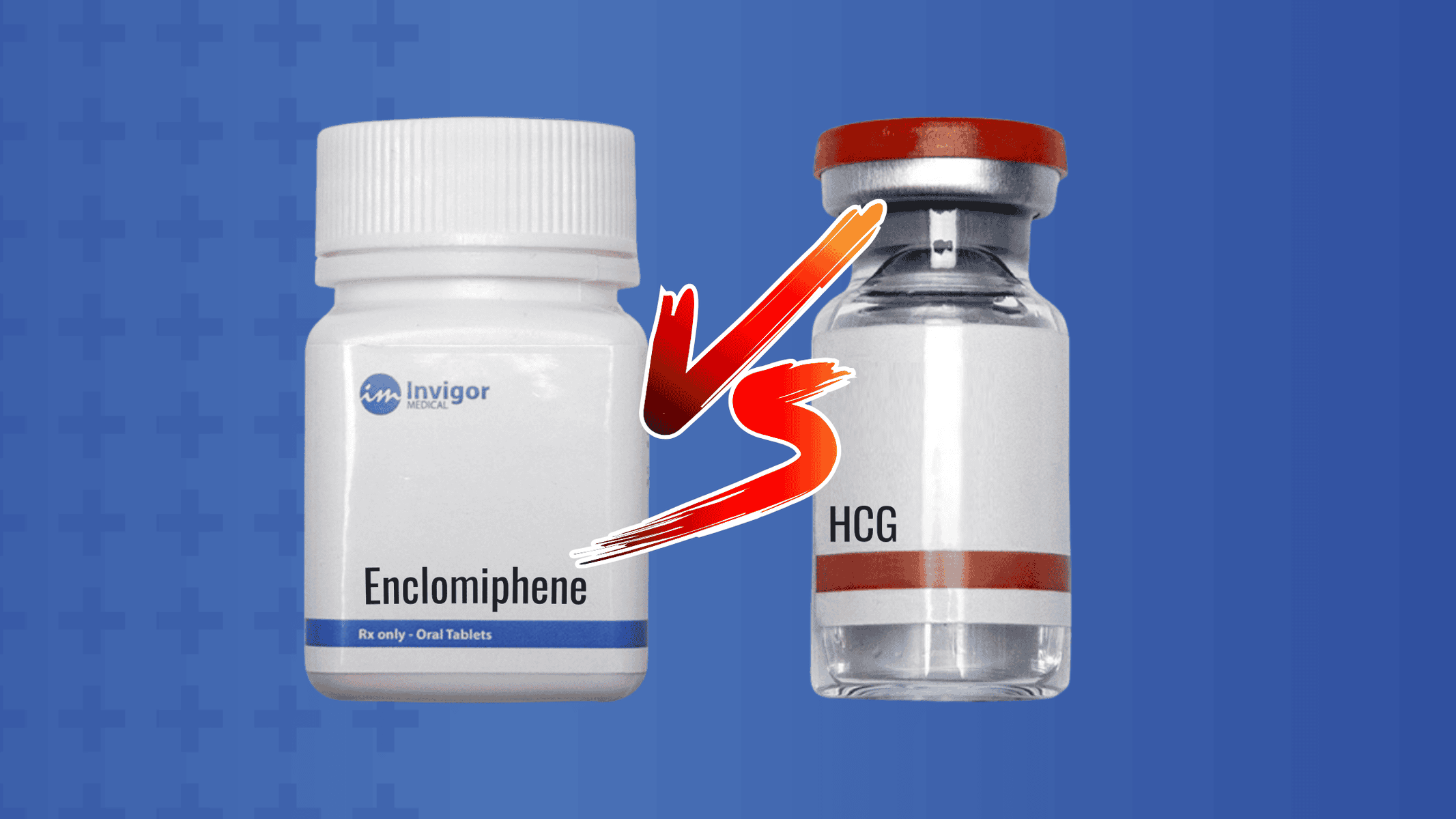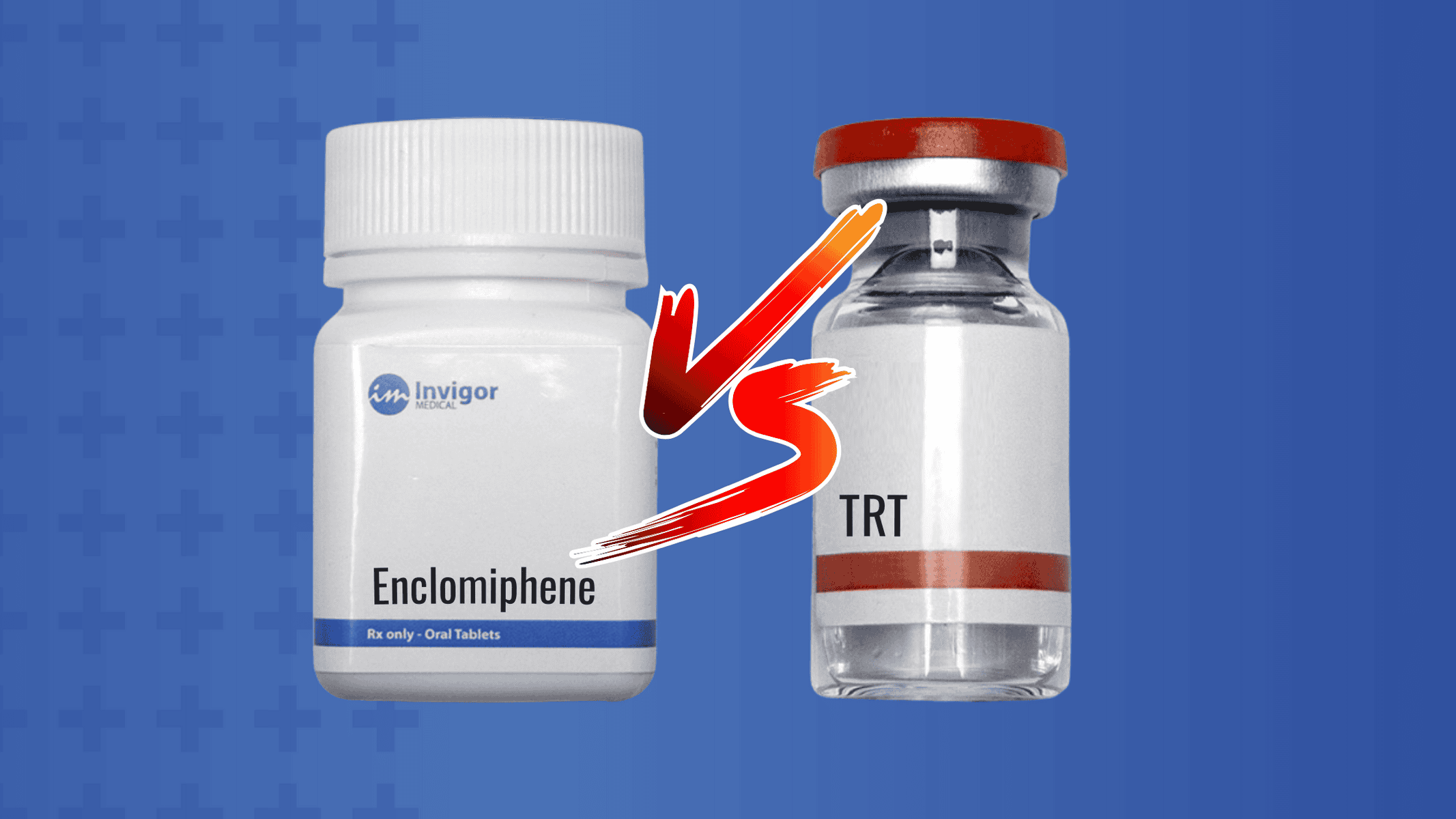Vitamin deficiencies significantly impact overall health, influencing various bodily functions, including hormonal balance and sexual health. One key nutrient often overlooked is vitamin D, vital for maintaining a healthy libido. A deficit in this essential vitamin can lead to changes in sex drive and overall sexual function. Beyond its impact on libido, vitamin D is crucial for immune function, bone health, and mood regulation, all of which contribute to overall well-being. Addressing this deficiency can provide a multifaceted boost to physical and emotional health.
Table of Contents
What Is Vitamin D and How Does It Affect Sexual Health?
Vitamin D is a fat-soluble vitamin responsible for many bodily functions. It regulates calcium and phosphate, which are essential for maintaining healthy bones, teeth, and muscles. More importantly, it is involved in hormone production, particularly testosterone in men and estrogen in women. Both of these are crucial for sexual function and libido.
A study published in The World Journal of Men’s Health highlights that vitamin D supplementation could be a low-cost and low-risk approach to treating and preventing erectile dysfunction (ED), further underscoring its potential role in enhancing libido. By ensuring acceptable levels of vitamin D, individuals may improve not only their mood and energy levels but also their sexual health, making it an essential nutrient to monitor for those experiencing a decline in libido.
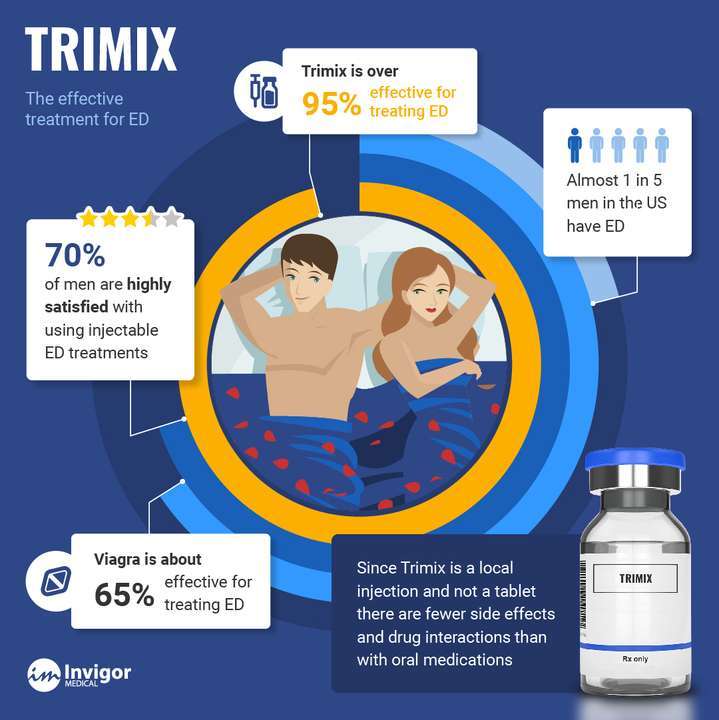
Does Vitamin D Increase Testosterone?
Vitamin D helps control testosterone levels, with research suggesting a possible causal relationship between the two. Research has shown that higher levels of 25-hydroxyvitamin D are linked to a slight increase in total testosterone. Maintaining adequate vitamin D supports healthy testosterone production to boost energy levels, muscle strength, mood, and libido. Vitamin D receptors are also found in the testes, further emphasizing its importance in hormone synthesis.
While boosting vitamin D levels may positively impact testosterone, it’s essential to recognize that factors like diet, physical activity, sleep quality, and overall health also play significant roles.
Before attributing changes in sexual desire or testosterone levels solely to a vitamin D deficiency, consulting with a healthcare provider can help pinpoint other contributing factors, such as stress or underlying medical conditions. Identifying and addressing the root causes ensures more effective and personalized management of hormone-related concerns.
Testing for Vitamin D Deficiency
Doctors typically diagnose vitamin D deficiency through a blood test that measures the level of 25-hydroxyvitamin D, the main form of vitamin D circulating in the bloodstream. This is the best indicator of the body’s vitamin D stores, as it reflects both ingested and sun-produced vitamin D.
Generally, a level below 20 ng/mL is considered deficient, while levels between 20 to 30 ng/mL may indicate insufficiency. Optimal levels range from 30 to 50 ng/mL, supporting overall health and well-being. As self-diagnosis can lead to inappropriate treatment, it is vital to confer with a healthcare professional for proper testing and guidance on supplementation.
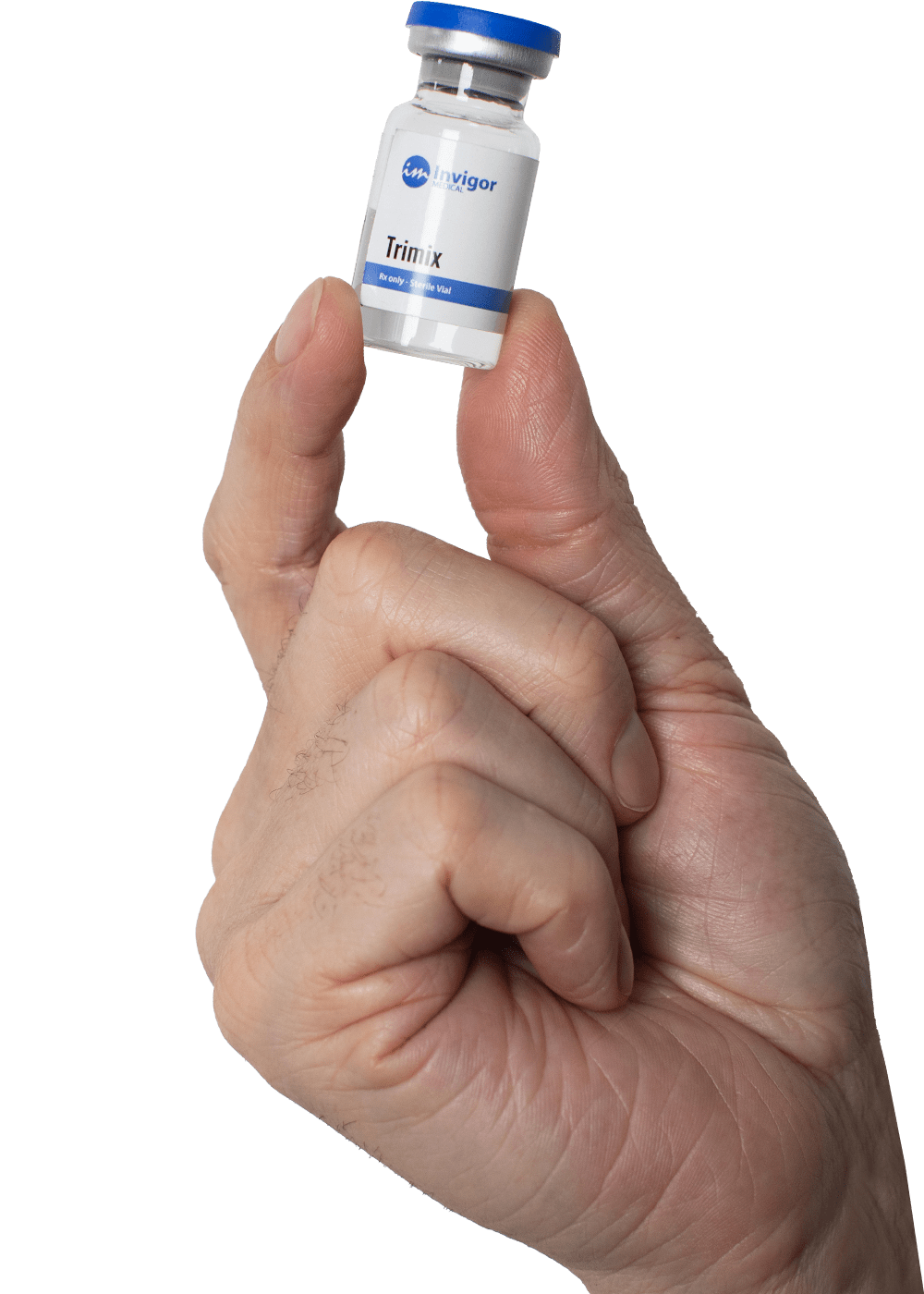
How To Boost Vitamin D Levels
Several effective ways to increase vitamin D levels include getting adequate sun exposure, incorporating vitamin D-rich foods into your diet, and taking supplements if needed. Sunlight remains one of the most natural sources, as your skin produces vitamin D when exposed to UVB rays.
However, factors like limited sun exposure, sunscreen use, or darker skin tones can reduce the amount of vitamin D your body synthesizes. This makes dietary intake and supplementation crucial for maintaining adequate levels, particularly in regions with less sunlight or during winter months.
Foods High in Vitamin D
Incorporating vitamin D-rich foods into your diet can significantly boost your levels and improve your libido. Excellent sources of vitamin D include fatty fish like salmon, mackerel, and tuna, egg yolks, fortified dairy products like milk and yogurt, and plant-based alternatives such as fortified almond or soy milk. For variety, try grilling or baking fatty fish for dinner, adding an egg to your breakfast routine, or pairing fortified cereals with milk for a quick snack.
If you follow restrictive eating plans like intermittent fasting or the Mediterranean diet, be intentional about including these foods during your eating windows to meet your nutritional goals. Planning meals around vitamin D-rich options, such as a Mediterranean salad with grilled salmon or fortified smoothies with leafy greens, can help you stay on track.
Moreover, fortified orange juice or mushroom-based dishes can provide additional options for vegetarians or individuals seeking alternatives to fish. Balancing these choices with your dietary preferences ensures that you maintain optimal vitamin D levels without compromising your eating plan.
Supplements and Vitamin D Benefits in Men
Taking a vitamin D supplement can provide numerous benefits, especially for individuals with low levels of this vital nutrient. Research suggests that adequate vitamin D can enhance mood, support immune function, and potentially improve libido. For supplementation, a daily dose of 1,000 to 2,000 IU is often recommended for general health. Still, individuals may require higher doses based on specific needs, often guided by healthcare providers after testing vitamin D levels. When selecting a supplement, it’s essential to consider factors such as absorption rates, type, and any additional ingredients.
Vitamin D injections may offer a more immediate and effective method for raising vitamin D levels, particularly for those who struggle with absorption issues from oral supplements. In cases of ED, medications like Trimix combined with low-dose naltrexone might also be practical options to improve erectile function, making it crucial to explore all available treatments. However, it’s essential to remain informed about the potential side effects of vitamin D injections, including hypercalcemia and injection site reactions.
Addressing vitamin D deficiency may improve libido and overall well-being. Restoring optimal vitamin D levels may enhance energy, mood, and hormonal balance, contributing to a healthier lifestyle. Seeking professional guidance when considering supplementation or alternative therapies can ensure a safe and effective approach to better health.
Additionally, a tailored plan that combines dietary changes, responsible sun exposure, and medical oversight can maximize the benefits of addressing this common deficiency. Taking proactive steps toward maintaining adequate vitamin D levels supports long-term vitality and overall quality of life.

